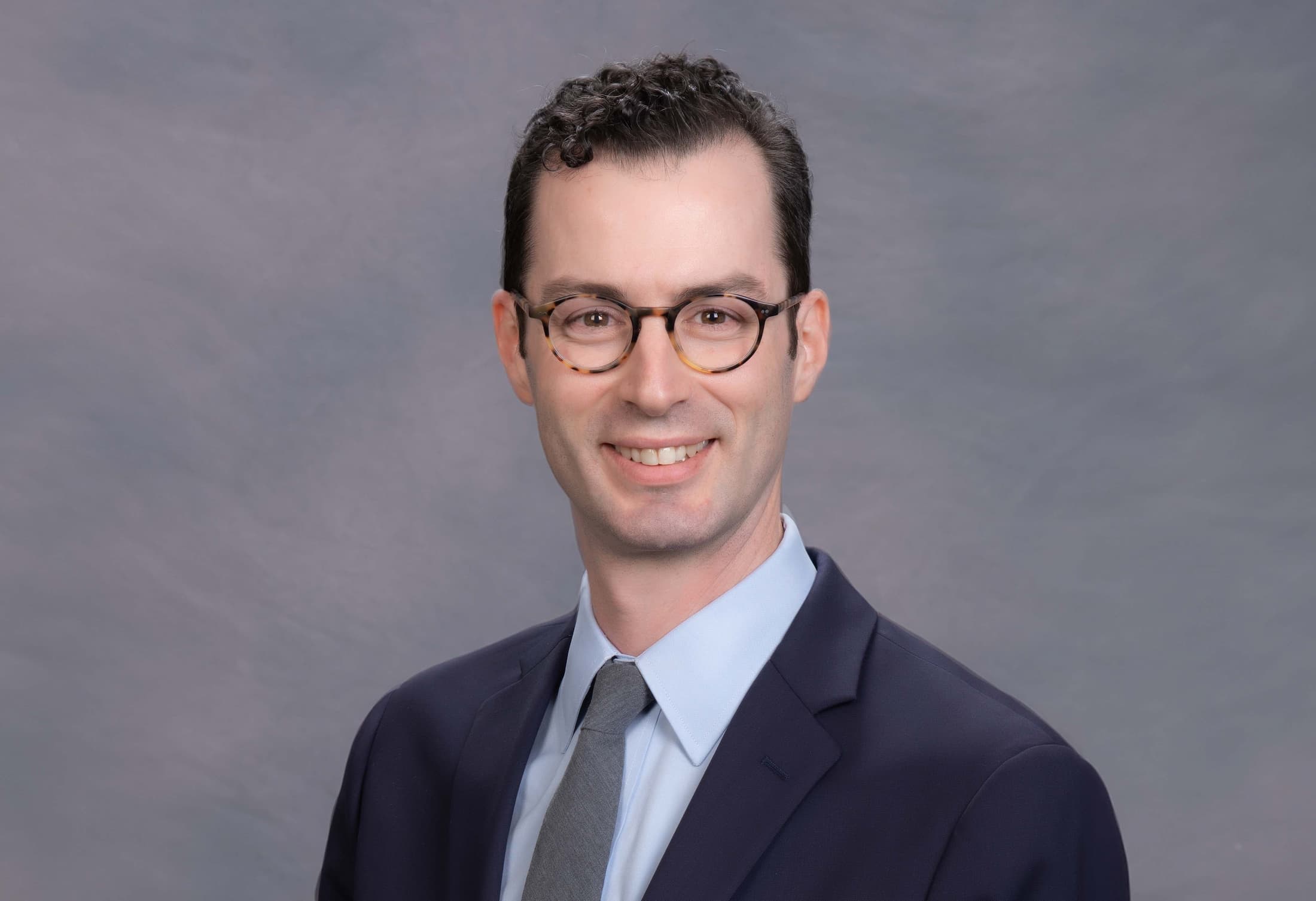
Stephen Raiman given NRC Distinguished Faculty Development Award
The Nuclear Regulatory Commission award will support a new junior faculty member.

The Nuclear Regulatory Commission award will support a new junior faculty member.
The U-M Department of Nuclear Engineering & Radiological Sciences (NERS) has started a new Nuclear Engineering Faculty Development Program, which is aimed at fostering the academic success of junior faculty members in our field. Funded by the Nuclear Regulatory Commission, this comprehensive initiative offers up to four years of financial support to our promising junior faculty member, Stephen Raiman, ensuring a strong foundation for his academic career in the department.
The future of NERS lies in the success of our junior faculty. We are pleased that the Nuclear Regulatory Commission sees value in Stephen’s professional growth. This program helps us launch him into a successful and impactful career.
Todd Allen, NERS Chair
Raiman holds a BS in Physics from the University at Buffalo. In 2016 he received a PhD in Nuclear Engineering and Radiological Sciences from U-M, with a concentration in materials. After finishing his graduate studies, he worked as a staff researcher in the Materials Science and Technology Division of Oak Ridge National Laboratory before becoming an assistant professor of Nuclear Engineering at Texas A&M University.
Raiman’s research revolves around understanding corrosion and degradation of materials in extreme environments. At NERS, he leads the Materials in High-Temperature Extreme Environments (MiHTEE) Group, which supports innovative nuclear technologies by recreating extreme environments and developing new materials that can withstand those extremes. By pushing materials to their limits, the MiHTEE seeks to understand the links between material properties and behavior and enable innovation to reach new frontiers in clean energy technology.
“I’m grateful to the NRC for their support in establishing my faculty research and educational program,” said Raiman. “Our research on materials and manufacturing for current and advanced reactors will be used to help deploy these important technologies while training students on the latest methods for analyzing degradation phenomena in nuclear materials.”
The key advantages include: